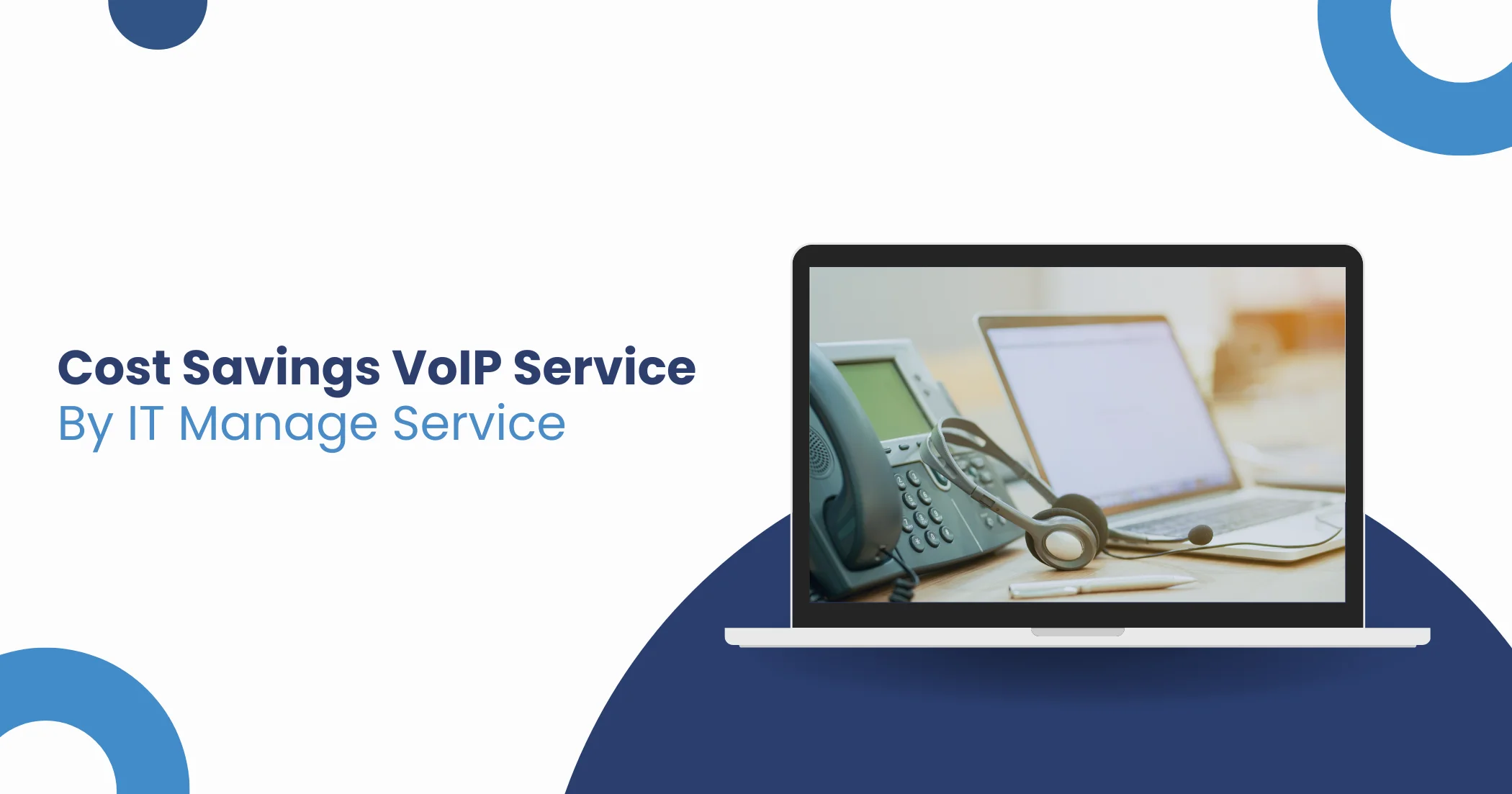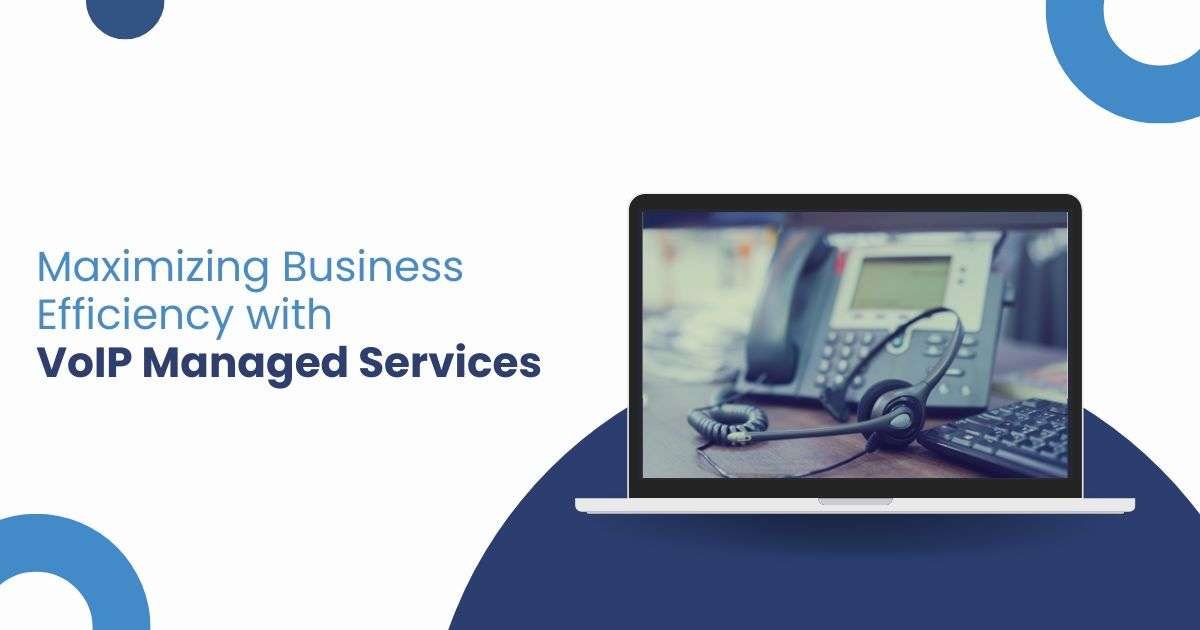
In today’s fast-paced business environment, effective communication is crucial for success. Voice over Internet Protocol (VoIP) has revolutionized how businesses communicate by offering a flexible, cost-effective alternative to traditional phone systems. VoIP technology enables voice communications to be transmitted over the internet rather than through conventional telephone lines. This...

In today’s fast-paced business environment, communication plays a crucial role in driving productivity and efficiency. As VoIP Managed Services continues to evolve, traditional phone systems are being replaced by more advanced and flexible solutions, with VoIP (Voice over Internet Protocol) leading the way. In this article, we’ll explore the...

An Extensive Guide by IT Managed Services In the dynamic landscape of communication technologies, Voice over Internet Protocol (Commiunication ) has emerged as a game-changer, revolutionizing the way businesses connect and collaborate. In this guide, brought to you by IT Managed Services, we’ll delve into the intricacies of VOIP...